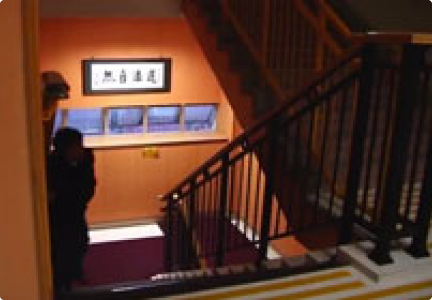Dishonest offences
Theft
Theft is an offence contrary to Section 9 of the Theft Ordinance (Chapter 210). It involves the dishonest appropriation of property belonging to another with the intention of permanently depriving the other of it.
In “The Principal’s Thieves”, the cash, the Octopus Cards, the iPad and the mobile phones are all items of property and capable of being stolen.
The word “appropriates” simply means treating someone else’s property as your own to do what you like with.
The words “belonging to another” mean that the property belongs to someone other than the person who takes it. In “The Principal’s Thieves”, the items in the Principal’s Office do not belong to Fai and Ming. Neither of them have any lawful claim to those items.
To amount to theft, the taking of someone else’s property must be dishonest and with the intention to permanently deprive that person of their property. A person is dishonest if right thinking members of society would consider that what the taker did was dishonest and the taker realised that what was being done was dishonest according to that standard. This is what is known as “the Ghosh test” from the leading authority R v Ghosh, a decision of the English Court of Appeal in 1982. Ghosh remains good authority for the law of theft in Hong Kong.



